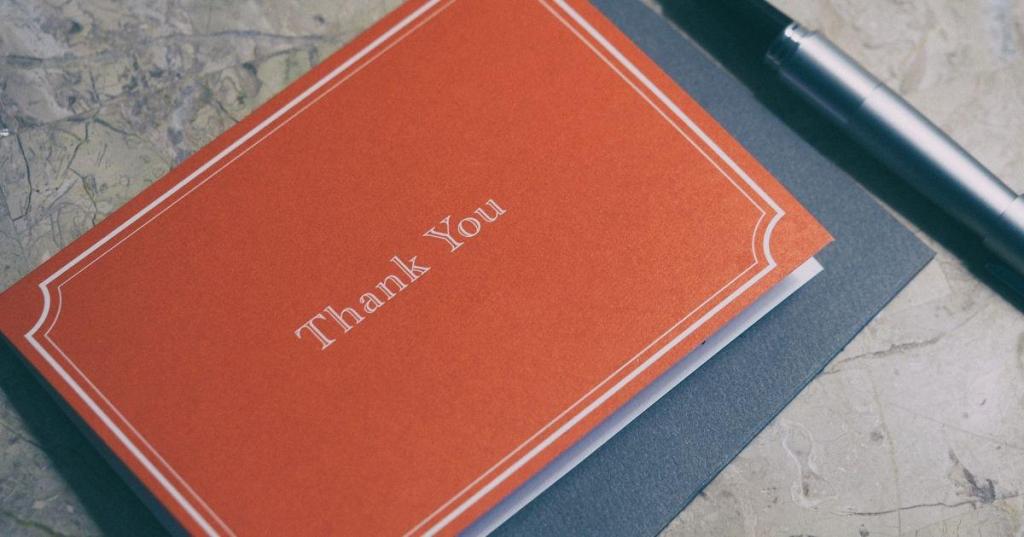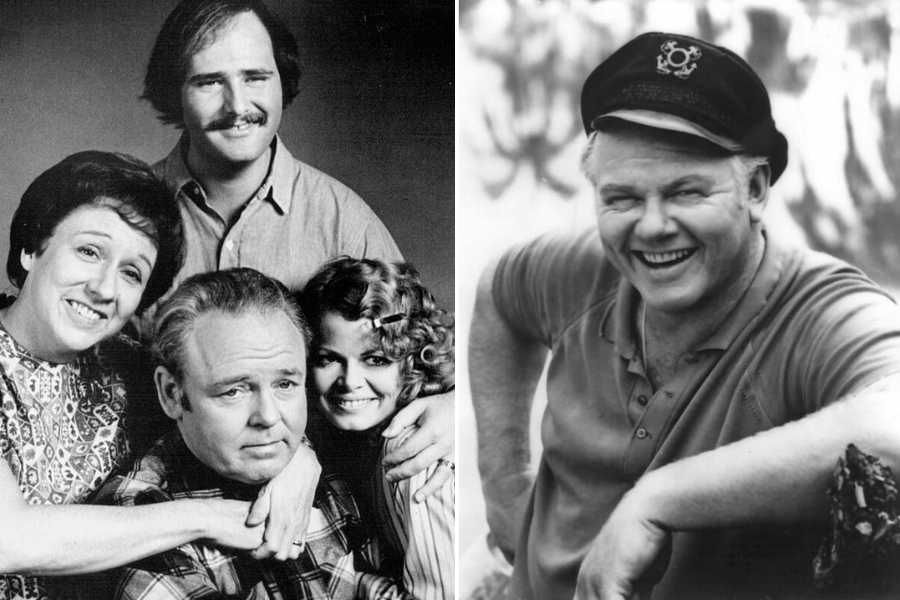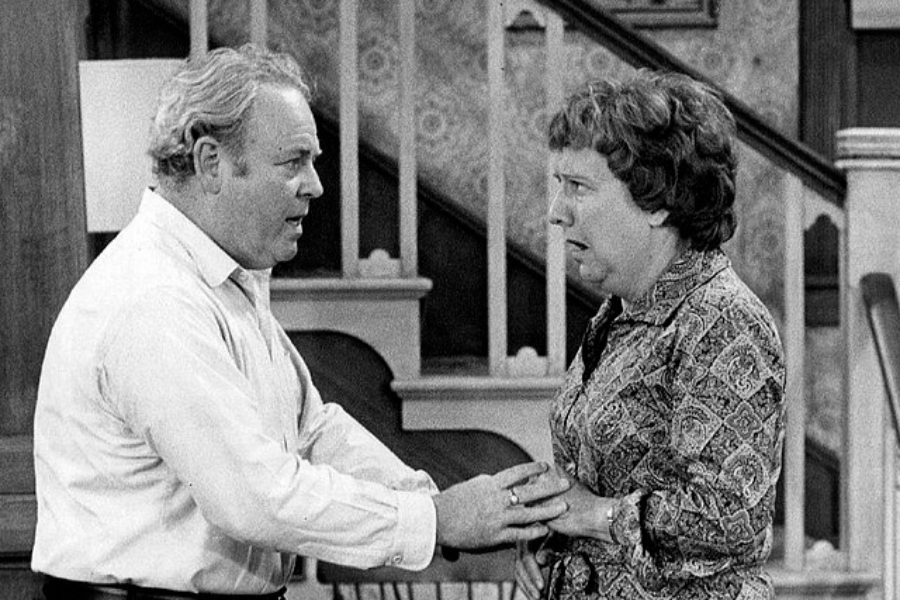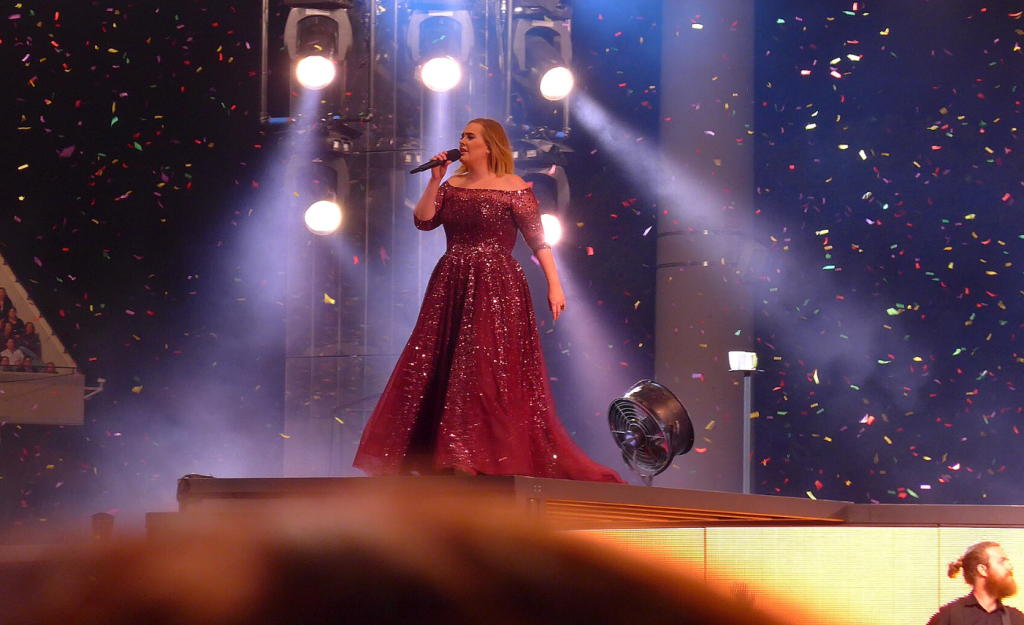I belong to a private Facebook group filled with parents of teenagers and college-aged students, and due to the sheer number of people, it’s not uncommon for differences of opinion to arise. Rarely, though, have I ever seen a debate as split as the one raised by a post about something seemingly benign: Handwritten thank-you notes.
A mom shared that she was requiring her graduating senior to write thank you cards—the old-fashioned variety, complete with handwritten note, envelope, and postage stamp—and that emailing, texting, or calling on the phone to say “thank you” were unacceptable alternatives. She said her son was writing the notes but didn’t like it, and she blamed computers and having to type assignments all the time for his resistance.
Some parents will read that paragraph, nod along, and agree 100% with this mom.
Others say the method doesn’t matter—it’s the message that counts.
Within hours, more than a thousand comments poured in and the responses were sharply divided between the “Yes, written thank you notes only!” and “Oof, that’s a really outdated notion.” (Not that the idea of gratitude is outdated, but the idea that appreciation must be written by hand and sent in the mail.)
Some people chimed in to say that they don’t give gifts with any expectation of thanks, but naturally, it’s good to teach kids to express gratitude when someone gives a gift. The method, however, is up for debate.
There is something extra personal about seeing someone’s handwriting and holding a tangible note in your hand, especially in an age where we don’t get nearly as much mail as we used to. But is that just nostalgia from an era on its way out?
As some people pointed out, kids today live in a different world, one where environmental consciousness comes as naturally as technological know-how. Isn’t it a waste of paper to send a note in an envelope when you can say the exact same thing in an email or a text? Do email or text actually feel less personal to young people who do much of their communication electronically?
And isn’t it just as personal to call someone on the phone and thank them with your voice as it is to send them a note with your handwriting? Some seem to think so.
Perhaps it’s just a matter of tradition and strict etiquette standards? This is the way I was taught things were done, therefore that’s is the way it is and it’s wrong to do it a different way?
Again, some seem to think so.
Some parents rightly pointed out that times change, and what previous generations did is not automatically better or more thoughtful than the way young people today might prefer to do things. As long as kids grow up knowing that it’s appropriate to let someone know you received their gift and appreciate their generosity, what difference does it make how they do it?
For some people, it makes a lot of difference. The die-hard handwritten thank you note folks were quite adamant about their stance, to the point of withholding their kids’ gifts and checks until the thank you cards were postmarked and in the mailbox.
Kudos to those parents for teaching their kids to say thanks, but they’re also making a broad assumption that everyone prefers to receive a thank you card. Again, comments from others showed that’s not the case.
Many people said that they just end up looking at a thank you note for a few seconds before throwing it away anyway, and that they’d actually prefer to get a phone call. Some went so far as to say they hate getting thank you notes, saying it’s a waste of paper and money for postage and they prefer messages of gratitude that use fewer resources.
Scrolling through the responses, people’s opinions seemed pretty much split half and half between “Only handwritten thank you notes, always” and “Doesn’t matter how you say thanks as long as you say thanks.”
Who knew the basic thank you note was such a hot topic of debate?
One thing we can all agree on is that it’s polite to say thank you when someone gives you a gift. Regardless of the method by which you do so, acknowledging someone’s thoughtfulness and expressing gratitude is a valuable life skill. So always say thanks—but maybe try not to get too hung up on how it’s done.




























